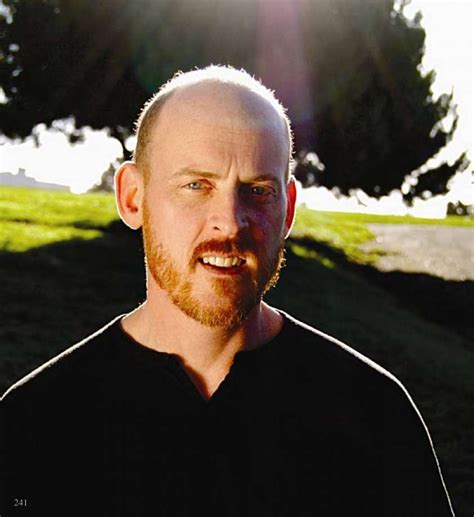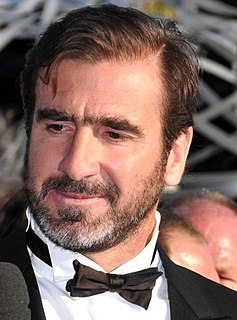A Quote by Chris de Burgh
The relationship between parents and children who live together is a growing one, and it shifts every day, especially during the teenage years.
Related Quotes
Every piece of remotely responsible research that has been done in the last 20 years on this issue has shown there is no difference between children who are raised by same-sex parents and children who are raised by opposite-sex parents. What matters is that children are being raised in a stable, loving environment.
They were so much alike and they become best friends. It was a wonderful relationship. They respected each other, and they never put each other down. With every step they took together, they were happy. There was no envy or jealousy; there was no control, there was no possessiveness. Their relationship kept growing and growing. They loved to be together because when they were together, they had alot of fun. When they were not together, they missed each other.
As many conventionally unhappy parents did in the 1950s, my parents stayed together for the sake of the children—they divorced after my youngest brother left home for college. I only wish they had known that modeling their dysfunctional relationship was far more damaging to their children than their separation would have been.
After a while, you're growing up so quickly and you begin to not know your parents anymore. You're left with the memories you had as a kid, but you're not a kid anymore and your experiences are separate. We are now much closer and communicate almost every day. It's a lot of work, but what holds us together is the hope that we will one day be together again.
Working- and Middle-class families sat down at the dinner table every night - the shared meal was the touchstone of good manners. Indeed, that dinner table was the one time when we were all together, every day: parents, grandparents, children, siblings. Rudeness between siblings, or a failure to observe the etiquette of passing dishes to one another, accompanied by "please" and "thank you," was the training ground of behavior, the place where manners began.
Children grow rapidly, forget the centuries-long embrace from their parents, which to them lasted but seconds. Children become adults, live far from their parents, live their own houses, learn ways of their own, suffer pain, grow old. Children curse their parents for their wrinkled skin and hoarse voices. Those now old children also want to stop time, but at another time. They want to freeze their own children at the center of time.




































